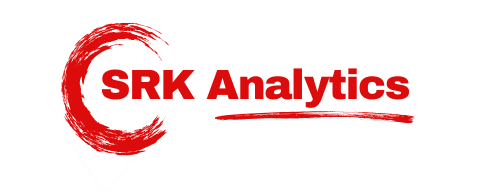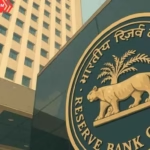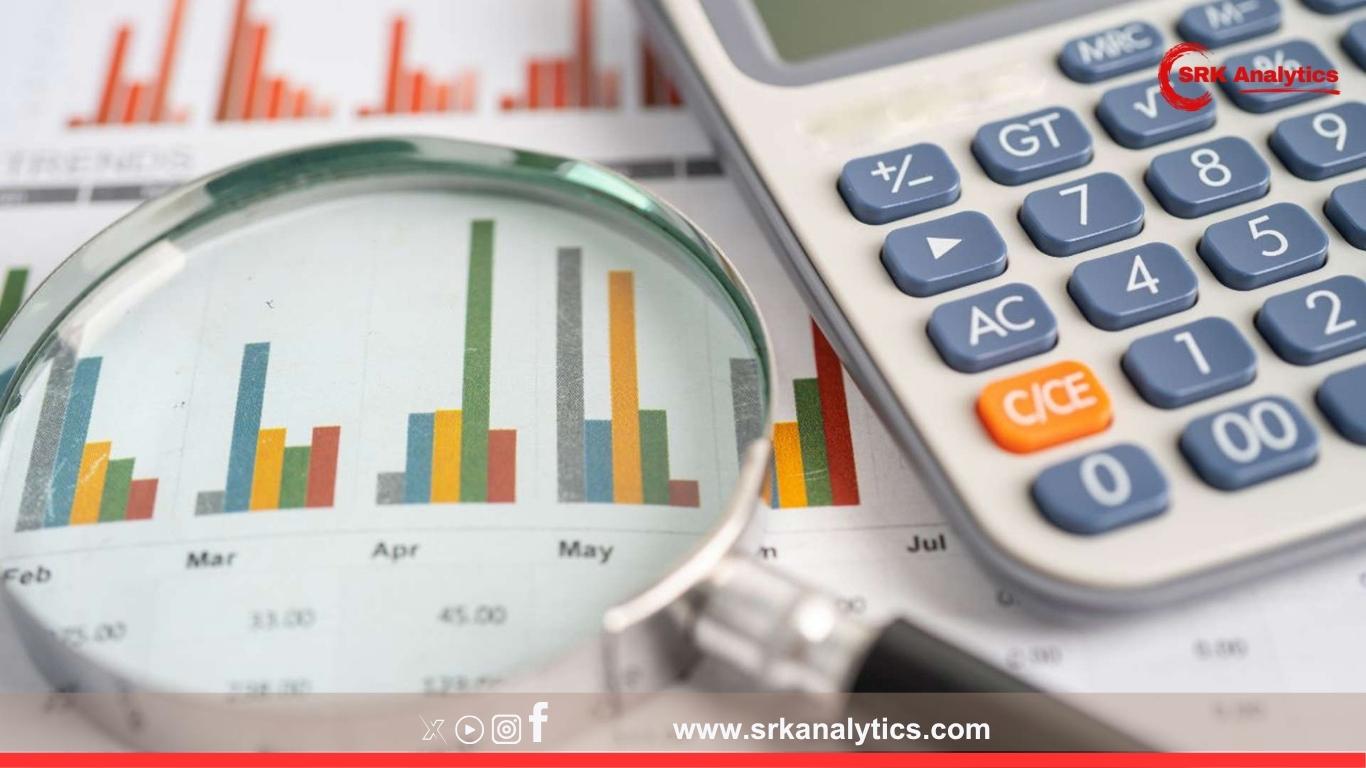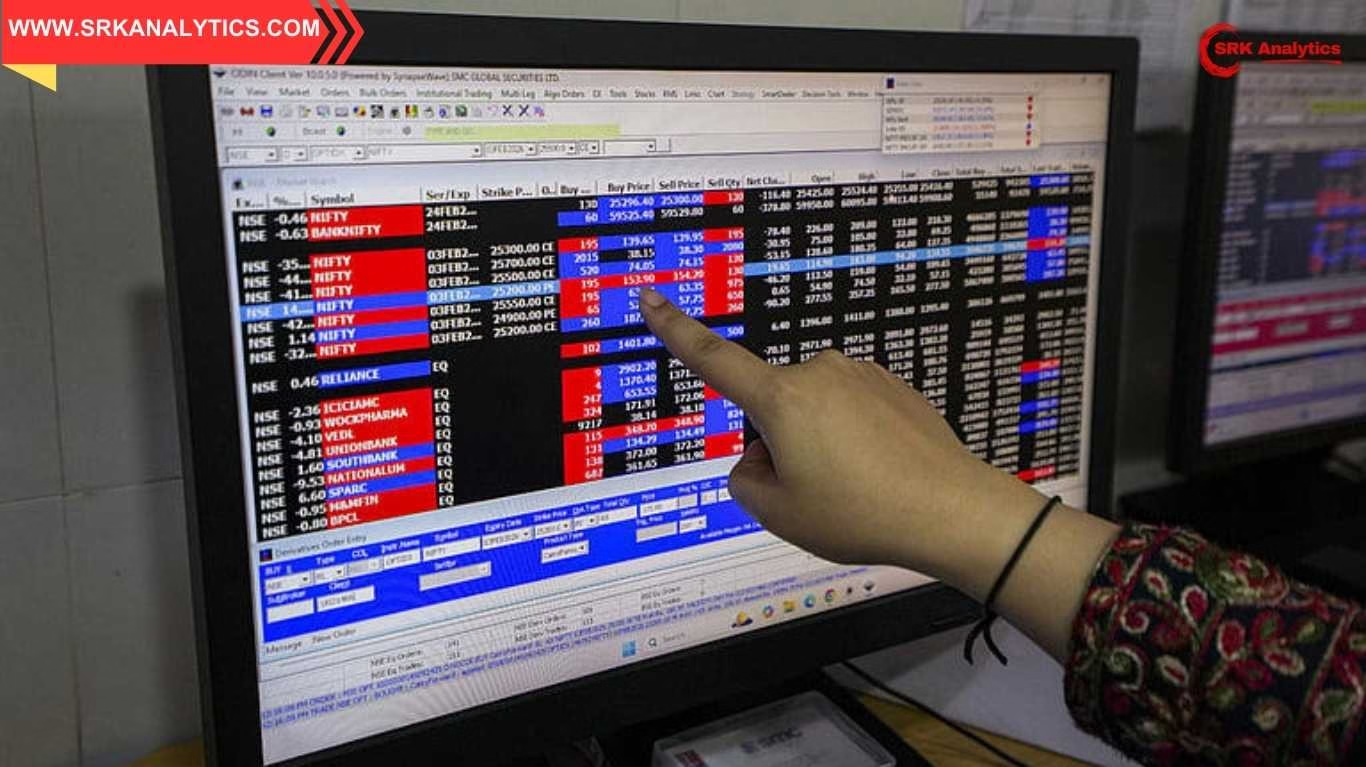Mumbai, July 7, 2025:
In a significant trend over the last four years, India Inc has witnessed large-scale promoter stake sales as business families diversify wealth, deleverage, or fund new ventures. Promoter stake sell-downs have not only reshaped ownership patterns but also influenced investor confidence and stock returns.
Why are promoters selling stakes?
The past four years have seen promoters offloading shares due to multiple reasons:
- Debt reduction and deleveraging
- Succession planning within families
- Capital raising for expansion or to fund unrelated ventures
- Compliance with SEBI’s minimum public shareholding norms
While stake sales may signal cash-raising needs, analysts argue that strategic sell-downs without diluting control often attract institutional investors seeking improved float and liquidity.
Top 10 biggest promoter sell-downs since 2021
| Company | Promoter Stake Sale (%) | Amount Raised (Rs crore) | 4-Year Return (%) | Sector |
|---|---|---|---|---|
| Bharti Airtel | 10.3 | 19,500 | +162% | Telecom |
| HDFC Life Insurance | 7.5 | 15,200 | +91% | Insurance |
| Kotak Mahindra Bank | 6.8 | 13,800 | +78% | Banking |
| Wipro | 4.5 | 12,300 | +47% | IT Services |
| Vedanta | 8.2 | 10,900 | +33% | Metals |
| Adani Green Energy | 5.1 | 9,800 | +209% | Renewable Energy |
| Motherson Sumi | 6.4 | 9,100 | +82% | Auto Components |
| HCL Technologies | 3.5 | 8,700 | +69% | IT Services |
| Godrej Properties | 4.1 | 7,900 | +138% | Real Estate |
| JSW Steel | 5.9 | 7,500 | +55% | Steel |
Key observations from the stake sales
- High returns despite sell-downs:
Companies like Adani Green Energy, Bharti Airtel, and Godrej Properties have delivered over 100% returns, proving that promoter stake sales do not always indicate bearish signals if business fundamentals remain strong. - Telecom and green energy dominate:
With strategic fundraising for network expansion and renewable projects, these sectors accounted for the largest stake monetisation. - Institutional interest remains robust:
Most stake sales were lapped up by global funds, improving liquidity and broadening the shareholder base.
What do stake sales mean for investors?
| Pros of Promoter Stake Sale | Cons of Promoter Stake Sale |
|---|---|
| Increased free float and liquidity | Perceived promoter exit risk |
| Institutional confidence inflow | Potential dilution of promoter control |
| Funds for debt reduction or expansion | Negative market sentiment if reasons unclear |
Sector-wise analysis
- Telecom: Bharti Airtel raised over Rs 19,500 crore through multiple tranches to pare debt and invest in 5G rollout, which drove its strong share rally.
- IT services: Wipro and HCL Tech promoters sold parts of their holdings to fund philanthropic trusts while maintaining majority control.
- Renewable energy: Adani Green Energy’s partial stake sale improved public float and was used for aggressive solar capacity addition.
Are promoter stake sales a warning sign?
Analysts argue that context matters. If sell-down proceeds are deployed for business growth, debt repayment, or ESG compliance, markets view them positively. However, large-scale exits without clarity on fund usage may raise governance concerns.
Historical context: Stake sales post-Covid
The post-pandemic rally from 2021 to 2025 has seen:
- Rs 1.9 lakh crore worth of promoter stake sales across Nifty500 companies
- Promoters capitalising on high valuations to diversify personal wealth
- Increased participation from foreign institutional investors (FIIs) in block deals, strengthening ownership distribution
Institutional buying patterns
| Top FIIs in promoter stake sales (2021-2025) | Participation (%) |
|---|---|
| GIC Singapore | 16 |
| BlackRock | 13 |
| Vanguard | 11 |
| Abu Dhabi Investment Authority | 9 |
| Norges Bank | 8 |
These institutional inflows post-stake sale often stabilise stock prices by improving float and governance oversight.
What should retail investors watch?
- Purpose of stake sale: Debt repayment, capex, or unrelated diversification?
- Post-sale promoter holding: Majority control retained?
- Historical performance: Has the company delivered consistent earnings despite stake dilution?
- Market sentiment: FIIs and DIIs participation in the block deal
Future outlook
With India’s stock markets trading at rich valuations and regulations pushing for minimum public shareholding compliance, experts foresee more promoter stake sales in the next 12-18 months. Sectors like renewable energy, real estate, and banking are likely candidates.
Conclusion
Promoter stake sales remain a structural part of India’s capital markets, driven by regulatory needs, growth ambitions, and family diversification. For investors, evaluating the context and deployment of proceeds remains key rather than merely viewing them as exit signals.
Disclaimer: This article is for informational purposes only. Investments in securities are subject to market risks. Readers are advised to consult certified financial advisors before taking investment decisions.











